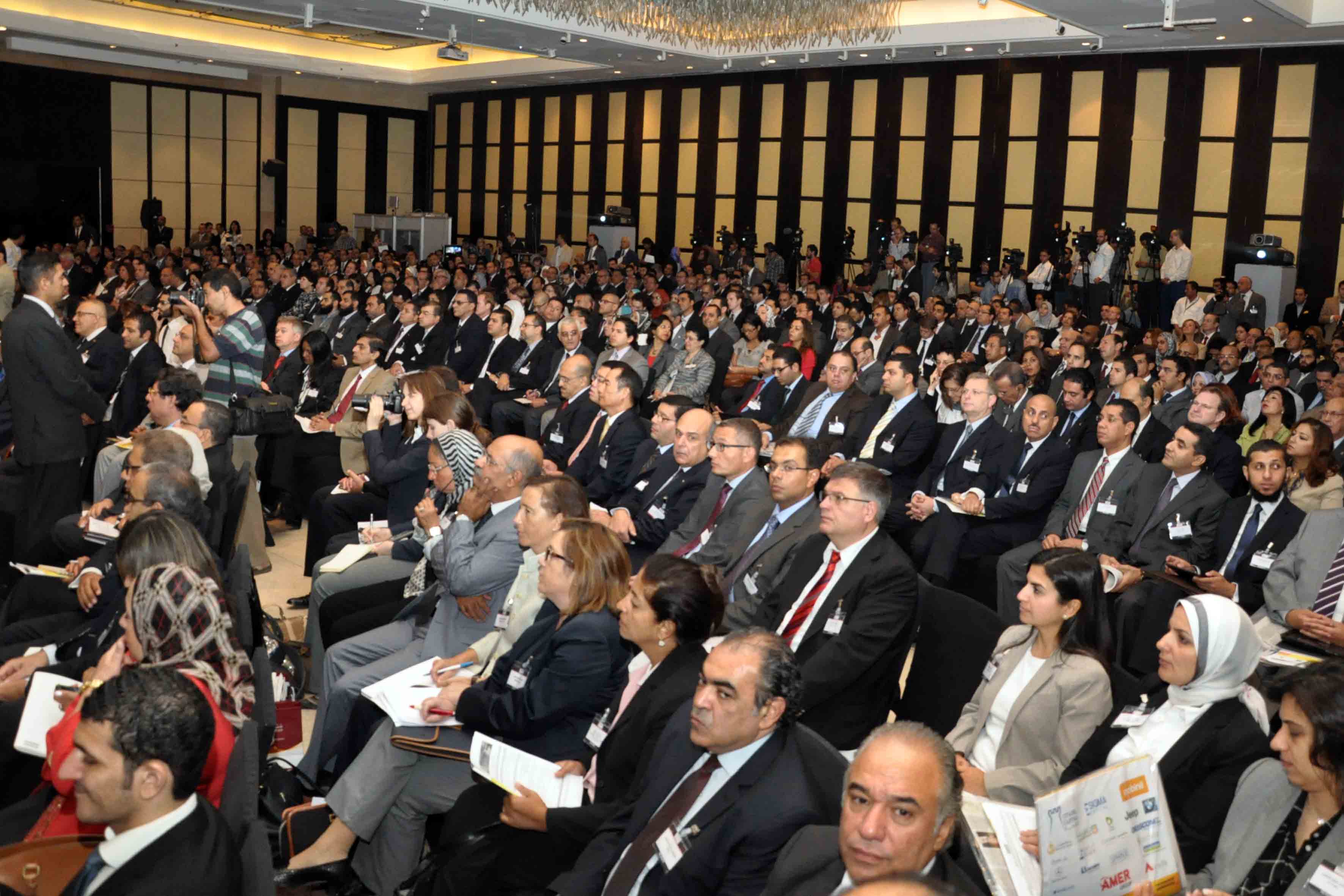ABU DHABI: ISAM, the hedge fund founded by former Man Group chief executive Stanley Fink, is targeting cash-rich sovereign wealth funds and institutional investors in the Middle East to grow its assets under management at least seven-fold in the short-term.
ISAM, which has just over $700 million of assets under management, is in talks with sovereign wealth funds, pension funds, banks, family businesses and high net worth individuals in the region, Stanley Fink, ISAM chief executive, told Reuters on Thursday.
It is in serious discussions with at least one large regional institution, he said.
"Investors from here are interested in hedge funds. In the short-term we will continue to grow our assets to $4 or $5 billion and explore new markets to try our systems," he said, declining to name investors.
"We could have 20 percent or more of our business from the Middle East (in the short-term)."
ISAM, founded in London in 2008, employs some 30 people in London, New York and Dubai.
It is bullish about prospects despite a tough capital-raising environment and turbulent times for the hedge fund industry.
"We doubled our assets last year and we know from people (investors) talking to us that they want to invest in our funds," said Fink, known as the godfather of the hedge fund industry.
While 20 percent of the money raised will be parked in managed futures, 80 percent will be left in cash, he said, adding that ISAM may look at other systematic ways of trading, including a different fund such as a multi-strategy fund.
Fink does not rule out acquisitions, but his preference is for acquiring small firms and helping them grow.
"I’d rather see acorns grow to oak trees," he said.
Fink, who still has a "tiny" investment in Man Group said the troubles plaguing his former company could have happened to anyone, although he would have done some things differently.
The world’s largest listed hedge fund manager saw clients withdrew money over the summer months at the fastest pace since early-2009 amid "relentless volatility" in world markets.
It was hit by poor performance and redemptions from hedge funds run by its GLG unit.
Asked if buying GLG Partners was a mistake for Man Group, he said he would have preferred to retain Blue Crest Capital.
"Blue Crest was high quality business for me. I would not buy GLG for that amount, I’d rather have bought Blue Crest."
MAN Group sold back its 25.5 percent stake in Blue Crest earlier this year. It bought GLG Partners in 2010 for $1.6 billion.


